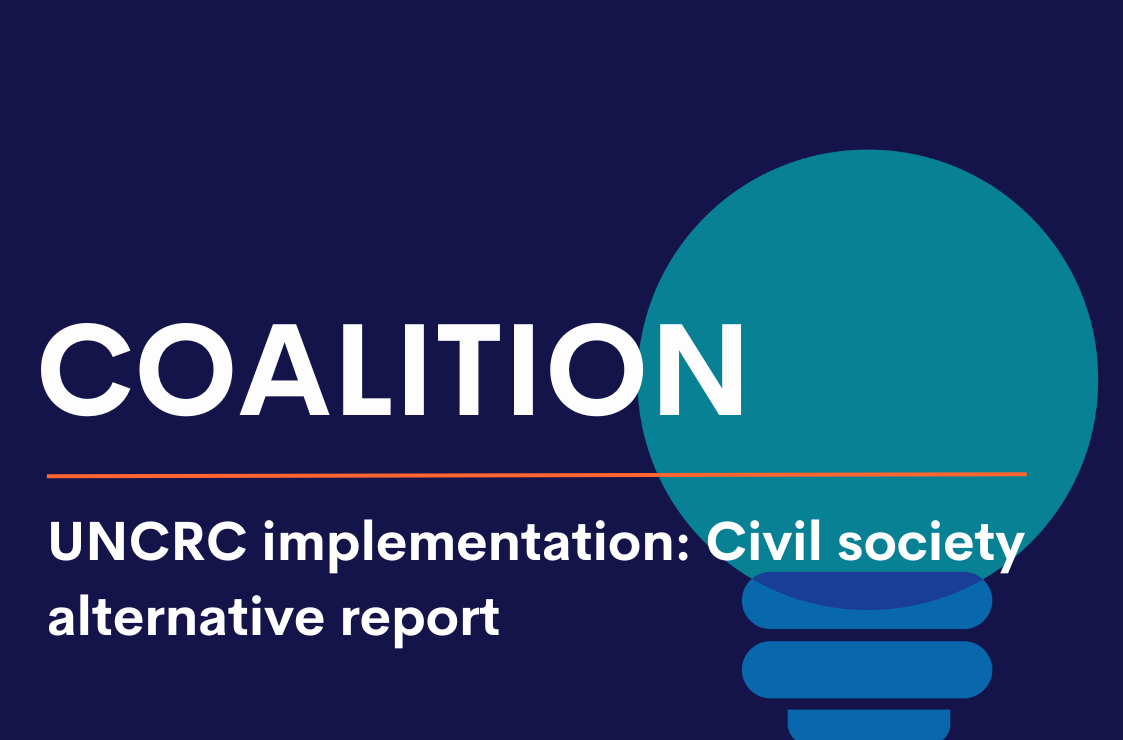Explain and reform racial disparities
The AYJ is working alongside its members and children and young people to make sure unjust racial disproportionality in the criminalisation, sentencing and imprisonment of children is evidenced, acknowledged, and action is taken to address it. We want to ensure experiences and outcomes for children across the youth justice system are more equitable.
What’s the problem?
Black and racially minoritised children are marginalised, overpoliced, more likely to be arrested, less likely to be diverted, and are therefore disproportionately likely to end up in the criminal justice system. Racially minoritised children are more likely to be given custodial remand, and in ‘almost all cases’ are more likely to receive harsher sentences, and less likely to receive out of court disposals. Black children specifically face more severe court sentences. Racial discrimination has been widely reported by children and young people as shaping their entry to, and experiences of, the justice system.
Black and racially minoritised children now represent over half of children in prison, compared with only 18% of the child population. During their time in custody, they consistently report worse experiences and treatment than White children. Significant deficits have been identified in YOT work, as well as in the availability of suitable services for racially minoritised children. The criminal records system further perpetuates racial inequalities in the justice system, creating additional barriers for Black and minoritised children and young people by impacting access to education, employment and housing.
It’s over five years since the Lammy Review highlighted racial inequality in the youth justice system as its ‘biggest concern’ and called for a new requirement across the justice system to ‘explain or reform’ racial disparities. At every stage of the justice system there is a critical need to employ this rule.
However, since the Lammy Review’s publication, racial disparity in the youth justice system has worsened. The flawed Commission on Race and Ethnic Disparities report, and its resultant Inclusive Britain action plan, contained no focus on youth justice. The government has recently pursued policy changes such as increasing stop and search and measures in the Police, Crime, Sentencing and Courts Act that it acknowledges will exacerbate existing inequalities. It remains unclear where accountability and oversight sit for addressing racial injustice in the youth justice system, and responsibility is shifted around by departments claiming the problem lies elsewhere along the child’s pathway into and through the justice system.
What needs to change?
Cumulative discrimination before, during and after children’s involvement with the youth justice system must be addressed. The explain or reform rule - that ‘if agencies cannot provide an evidence-based explanation for apparent disparities between ethnic groups then reforms should be introduced to address those disparities’ – must be actively embedded across the public sector. Agencies at each stage must be held accountable for their role in contributing to disparities, and take action to address it.
Why now?
Disparities are increasing yet the government continues to sidestep the issue and push aggravating policies. The pandemic’s impacts have been felt disproportionately by raciallyminoritised communities, increasing inequalities, and action is needed now to ensure heightened vulnerabilities and unmet needs, increased policing presence, new duties and changes to custodial sentencing in particular
Why the AYJ?
The interests and expertise of AYJ’s members, including specialist voluntary sector organisations led by and for Black and racially minoritised communities, span from before the youth justice system when systemic inequalities begin to impact children’s trajectories, to within different parts of the youth justice system and beyond. Our reach and perspective across the system gives us oversight of the cumulative nature of discrimination and its impacts, and our networks will allow us to develop a fuller picture of this and challenge those in power to make change.























